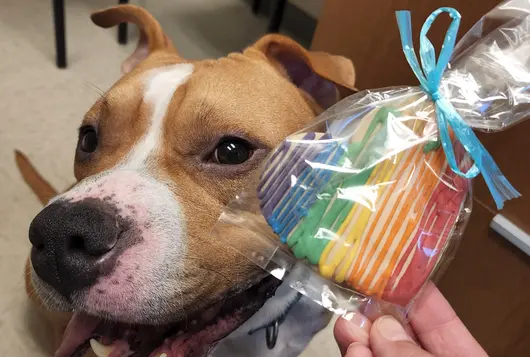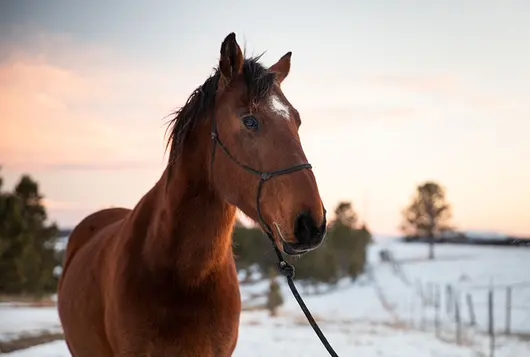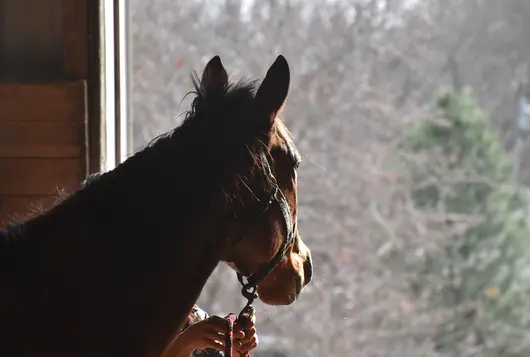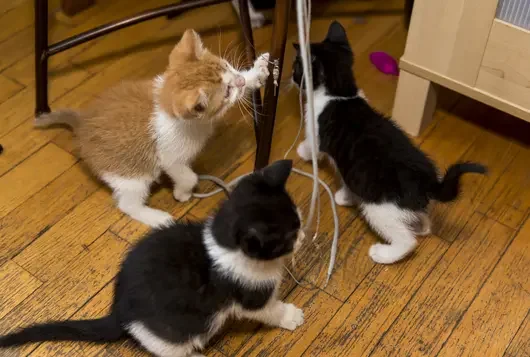They Did It: Created a Kitten Foster Mentor Program
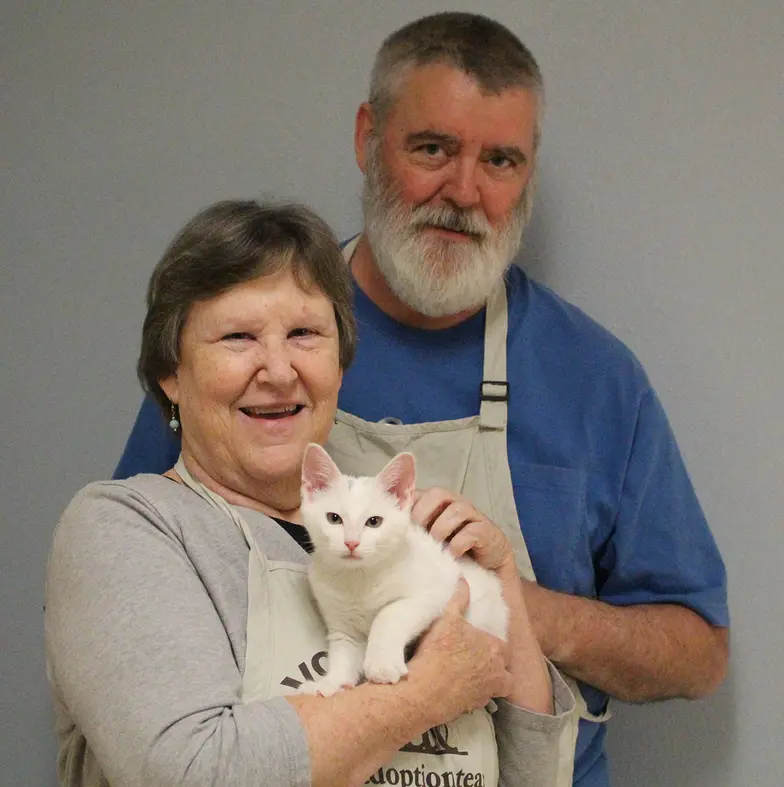
Who: Cat Adoption Team (CAT) in Sherwood, OR.
Did What:
Created a kitten foster mentor program that provides medical support for foster kittens and frees up shelter staff
Kristi Brooks, CAT’s director of operations, shares the evolution of this innovative and lifesaving program.
ASPCApro: Please tell us about your mentor program and how you utilize volunteers as mini vet assistants for kitten fosters.
Brooks: Our mentor program has grown and morphed over the years. It started where volunteers would only take phone calls from foster parents when they needed help. Then we added the preventative care component to keep kittens out of the shelter. The mentors were trained to give vaccines and sub-q fluids and would go to the home to provide those services based on medical protocols put together by our veterinarian. Now they do all of that and more. They know how to recognize (not diagnose) illness and have foster parents start antibiotics, bottle feed, supplemental syringe feed kittens, etc. It takes so much time off the shelter and hospital staff’s day, allowing them to do the lifesaving work that is right in front of them. It keeps our kittens out of the shelter where they are then not exposed every two weeks to disease, and the stress of the car ride and visit. We all know that each move you make with a cat causes stress, which can also cause illness.
Change can be scary especially when you are trusting volunteers to work as staff. When in doubt, pilot a part of the program to see if that part works well, and then add another layer.
ASPCApro: How many mentors do you have and how many kittens/foster families have they assisted?
Brooks: Currently, we have 11 mentors and 8 mentor assistants, and they helped 148 foster families in 2019.
ASPCApro: What is a mentor assistant?
Brooks: Someone who is trained to give vaccines and sub-q fluids and will assist the mentor so they can get it all done. If they go to a foster home and see something suspicious, they can call/text pics to the mentor for direction.
ASPCApro:
Where do you find mentors and assistants?
Brooks: We find them from our foster ranks. We require that they have fostered for at least a year with us or another shelter and have experience with a little bit of everything. We want them to know what to do with sick kittens, ones that may not want to eat, etc. They are also there to help set up a foster room if needed.
ASPCApro: What are some of the advantages of this program?
Brooks: There are so many! From a veterinary perspective, having someone go to the foster home, even after hours to see what is going on with the kittens has saved us so much money on ER visits, but it also helps the on-call managers/vets know what is happening without having to bring in the kittens. They can start treatments right away and get kittens on the road to recovery. It takes away all those phone calls that take up a lot of time! The foster coordinator saves so much time by not having vaccine clinics each day/week, answering so many calls and emails that could have gone to a mentor. Having that extra time allows her to strengthen her relationships with foster parents and mentors to keep them around for the long haul. Plus, it allows us to take in so many more kittens.
ASPCApro: What does your veterinary staff think about this program?
Brooks: They love it! This system has been a success because it keeps mother cats and kittens from having to come into the shelter for diagnosis and treatment of the common, but less serious, medical issues and prevents unnecessary visits to the emergency clinics when the shelter hospital is closed.
ASPCApro: Did you run into any obstacles getting the program set up?
Brooks: Yes, and that is why it has changed over the years. We had a vet team who wanted to receive fewer calls and train more people to do stuff so that was never a barrier for our shelter. We are very lucky that way! At first mentors took phone calls, which was great, but when there was an emergency, we did not have a good plan, and often you were just stuck doing your own thing. Then, when we decided to have mentors learn vaccines and sub-q fluids, we lost some mentors who did not want to do that. That was okay, but it was a rebuilding year.
ASPCApro: What can an organization do to get a mentor program started?
Brooks: Come to our Maddie’s Fund Fostering 4 Rock Stars Apprenticeship, or they can find all of our documents on our website. We also have a webinar on ASPCApro that they can go and watch to learn more about our program.
ASPCApro: What else would you like to share about the program?
Brooks: Change can be scary especially when you are trusting volunteers to work as staff. Have policies in place first. Have your vet determine what that will look like. Train the mentors like staff, hold them accountable, offer CE, thank them, trust the system, and when in doubt, pilot a part of the program to see if that part works well, and then add another layer.
We have lots more on this subject:

